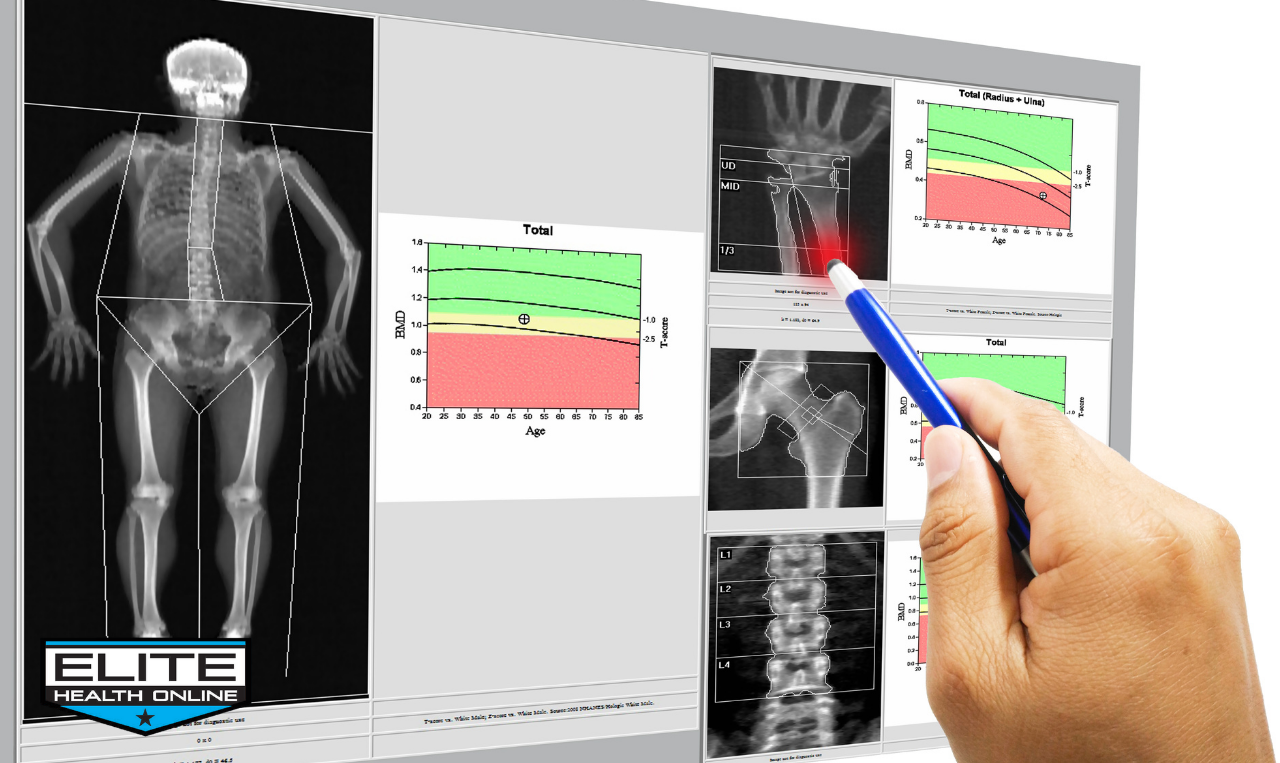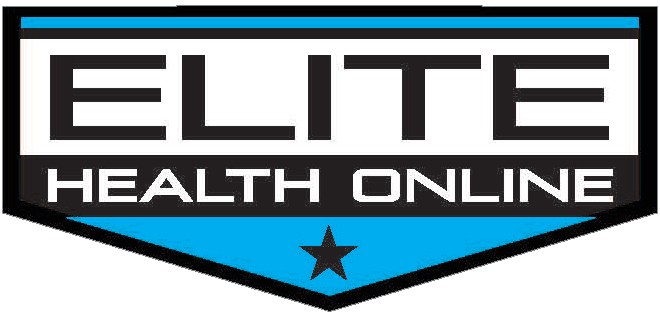
Okay, guys! Let’s talk about osteoporosis. Wait. What? Isn’t that bone thing that happens to older women? Yep! It is! Unfortunately, men are not immune to that bone thing. Men can also have problems with low bone density- especially if they have low testosterone.
Low testosterone? Are we going to talk about Low-T? Again???? Yep! Testosterone isn’t just about your libido or erections. Testosterone is also responsible for how dense your bones are— and let’s face it, guys, if you don’t have strong bones, the rest isn’t going to matter anyway.
Here’s What Happens:
You age—your bone density drops. Your bones get fragile. You are now at a higher risk for osteoporosis. Not only that, but you are at risk for osteoporosis-related fractures. No old wives tales here. This is science-based stuff.
Research shows that a bulk of the loss in bone mineral density in men over 50 is related to a drop in testosterone levels. Your testosterone level peaked when you were 20. Then it started dropping. If your 40+, your T-levels are now falling by 2% a year.
Don’t freak out! It’s not all bad because the good news is that research also shows that testosterone replacement therapy can prevent and even reverse age-related bone density loss.
Who Suffers from Loss in Bone Density?
Both men and women suffer from a loss in bone density because estradiol is responsible for bone mass and strength. That’s right! Even men need some estrogen to stay healthy. So, what does that have to do with testosterone and bone density?
Testosterone may not directly build and maintain your bones, but men’s bodies convert a small amount of testosterone into the estradiol that you need to maintain bone health. Once your T-levels have dropped too far, there is not enough testosterone available to convert to estradiol.
Then you can say bye-bye to healthy levels of bone density. The decrease in bone density is particularly significant in men over the age of 65.
Convinced? Now Let’s Talk About Osteoporosis
Osteoporosis is a degenerative disease. It’s responsible for weakening your bones, ultimately leading to common fractures among the elderly. Osteoporosis also screws up your healing process, which can make fractures challenging to heal. The lack of healing can be severely disabling.
Two million men in the United States currently have osteoporosis. Most of these cases have been linked to low testosterone levels.
Studies have shown that not only does testosterone replacement therapy brings testosterone levels back up to normal levels, but it inhibits bone resorption and maintains bone mass.
Testosterone Replacement Therapy
So, we’ve established that if you don’t have enough testosterone, you need more of it, but if your body isn’t producing it, how do you get it in there? It’s pretty simple. When your car gets low on oil, what do you do? Add more.
That’s what testosterone replacement therapy does. It’s a way that you can add more testosterone to your body to get your levels back up to normal ranges. Even better, you can optimize those levels to get your body working at its best again.
There are all kinds of ways to get testosterone back into your body. There are gels, creams, patches, pellets, but administering testosterone can also be as simple as giving yourself a shot. First, you’ll work with your provider to find the correct dosage for optimization, and then it’s off to the races!
T-Therapy and Bone Density: Prove It!
We know you like stats and proof so let’s take a look at some studies.
A study published in The Journal of Clinical Endocrinology & Metabolism specifically looked at bone loss and testosterone treatment in men over 65. Their research showed that increasing TRT increased bone mass in men who had been diagnosed with low testosterone before being treated with testosterone replacement therapy.
In a 2017 study, 211 men over 65 with low testosterone (concentrations less than 275 ng/L) were treated with testosterone replacement therapy for one year. After the year was up, the results were in. The researchers concluded that the men treated with testosterone replacement therapy experienced an increase in volumetric trabecular bone mineral density of the lumbar spine and estimated bone strength. However, the men who took a placebo were sorely disappointed!
Testosterone Optimization and Bone Density
Testosterone optimization therapy isn’t explicitly prescribed to treat osteoporosis, but since we know that men who have low testosterone are at a greater risk of bone loss and osteoporosis-related fractures, it makes sense to optimize your T-levels. In addition, optimizing your testosterone levels improves bone density and bone strength and helps you build muscle: healthy bones and healthy muscles= lower risk of bone fractures.
Adding HGH to the Mix Maxes Out Results
Testosterone isn’t the only key player in building and maintaining bone. Human growth hormone is also on Team Bone Health. In fact, recent studies have shown that HGH replacement therapy may be even more vital in treating or preventing osteoporosis than testosterone replacement.
This study was done on menopausal women- but the results are an indication that the same could be true for men. A study in the Journal of Clinical Endocrinology & Metabolism showed that HGH helps reduce the risk of fractures and maintain bone mass within healthy levels among postmenopausal women who have been diagnosed with osteoporosis. The study also indicated that the results of HGH treatment for osteoporosis were long-lasting.
We’ve Got Your Back and Bones!
Look. We all get older. That’s a no-brainer. Some things about getting older we can’t control and some things we can. Low testosterone is one of the things we can control.
In this blog, we’ve talked about testosterone and bone density and how t-therapy can prevent or reverse osteoporosis. T-therapy can do a lot more than give you denser bones; it can:
- Increase Recovery Abilities
- Strengthen Anti-Catabolic Protection
- Increase Red Blood Cell Count
- Increase Protein Efficiency
With all these benefits- plus increased libido- why wouldn’t you want to try it? Speak with an Elite Specialist today!
